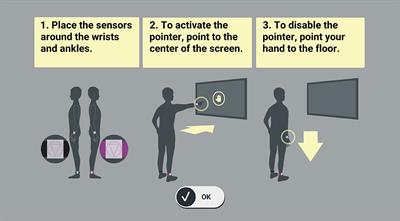SYSTEMATIC REVIEW
Published on 11 Jan 2021
Evaluation of Wearable Technology in Dementia: A Systematic Review and Meta-Analysis

doi 10.3389/fmed.2020.501104
- 9,499 views
- 42 citations
19k
Total downloads
71k
Total views and downloads
SYSTEMATIC REVIEW
Published on 11 Jan 2021

ORIGINAL RESEARCH
Published on 30 Nov 2020

STUDY PROTOCOL
Published on 09 Jun 2020

CLINICAL TRIAL
Published on 28 Jan 2020

ORIGINAL RESEARCH
Published on 15 Jan 2020

CLINICAL TRIAL
Published on 27 Jun 2019
